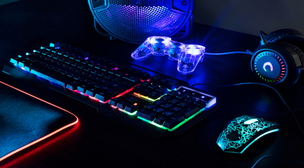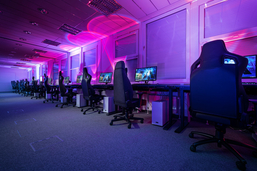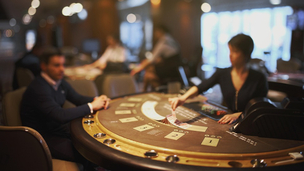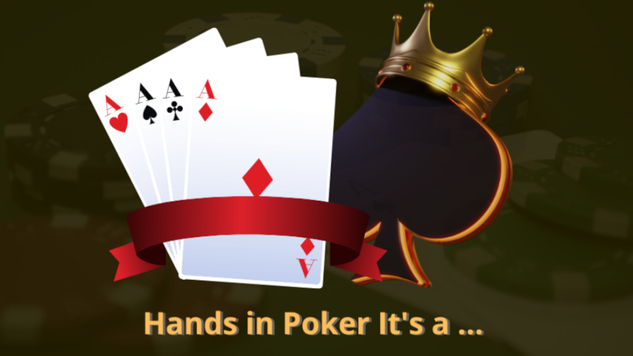How Long Should Your Poker Session Be?
Photo by Michał Parzuchowski on Unsplash
Poker players—whether fresh to the game or hardened by thousands of hands—often wonder how long they should sit at the table. Should you keep it to a short burst, or power through a long, grinding session? The honest answer depends on experience, discipline, table count, and mental stamina. There’s no perfect formula that fits everyone, but there are some reliable guidelines that can point you in the right direction.
Why Bonuses and Promotions Can Stretch Your Session Time
One overlooked factor that could shape how long you play is the type of platform you’re using. According to gambling expert Steven Brown, many players today can extend their sessions simply by playing on poker sites that offer consistent bonuses and rewards. Brown, who reviews platforms on sportscasting.com, says that generous loyalty schemes and reload bonuses can effectively stretch your bankroll, which naturally keeps players in the game longer without added risk. That sort of buffer allows for longer playtime, especially if you’re comfortable pacing yourself and monitoring tilt.
Table Count Affects How Long You Should Sit
If you’re multi-tabling, the game becomes more intense. Playing just one or two tables may let you last four hours or more before fatigue sets in. But stack up eight to ten tables, and your brain is likely to tap out in under two. For those who venture into 20-table territory, it becomes almost impossible to last more than two or three hours without a break. Even seasoned grinders report that heavy multi-tabling is mentally exhausting, even if you’re used to high-volume online play.
Players who favour fewer tables—say, four to six—often report they can go much longer, simply because they aren’t mentally sprinting the entire time. Session duration isn’t about pushing the limit. It’s about finding that balance where you can keep your decisions sharp without burning out.
Running Good or Bad? Adjust Accordingly
Session length also shifts based on how well the cards fall. If you’re running hot—flopping sets, getting paid off, and making sharp reads, then it makes sense to ride the wave. When your mind is clear and your confidence is high, you’re likely playing some of your best poker.
On the flip side, a brutal downswing can sap focus fast. If you're consistently missing draws or losing key pots, frustration builds. That’s when you’re more prone to tilt, poor decision-making, and bankroll damage.
Use Hand Quotas, Not Just a Clock
Rather than watching the clock, consider using hand quotas to frame your session. For example, if you know that you can play 700 hands in two hours across four tables of 6-max, that can become your target. Beginners might aim for 300–500 hands a session, while experienced players might shoot for 1,000–1,500. There are various tools available to help you monitor this easily.
It’s worth noting that Zoom tables and fast-fold formats pump out more hands per hour. In those cases, reaching your target can take less time—another reason why raw hand count is often a better metric than just time.
Improve Focus to Extend Sessions
Your ability to stay locked in directly affects how long you can play effectively. If you lose focus after 30 minutes, the best move isn’t to force yourself to play longer. Instead, build up gradually. Start with short daily sessions and aim to extend them by small increments.
Sleep, diet, and exercise all contribute to your cognitive endurance. Fasting and light meals before play can keep you alert. Avoid playing after heavy food or poor sleep—these things affect judgement more than many players realise.
Conclusion
There’s no magic number for how long a poker session should be. Beginners should stick to 1–2 hours, while pros can push beyond that with breaks and hand targets. Your table count, mental state, and focus level all matter more than the clock. Build gradually, choose your platforms wisely, and don’t ignore the power of good health and discipline.
To read the latest guides, news, and features you can visit our Other Game Page.







